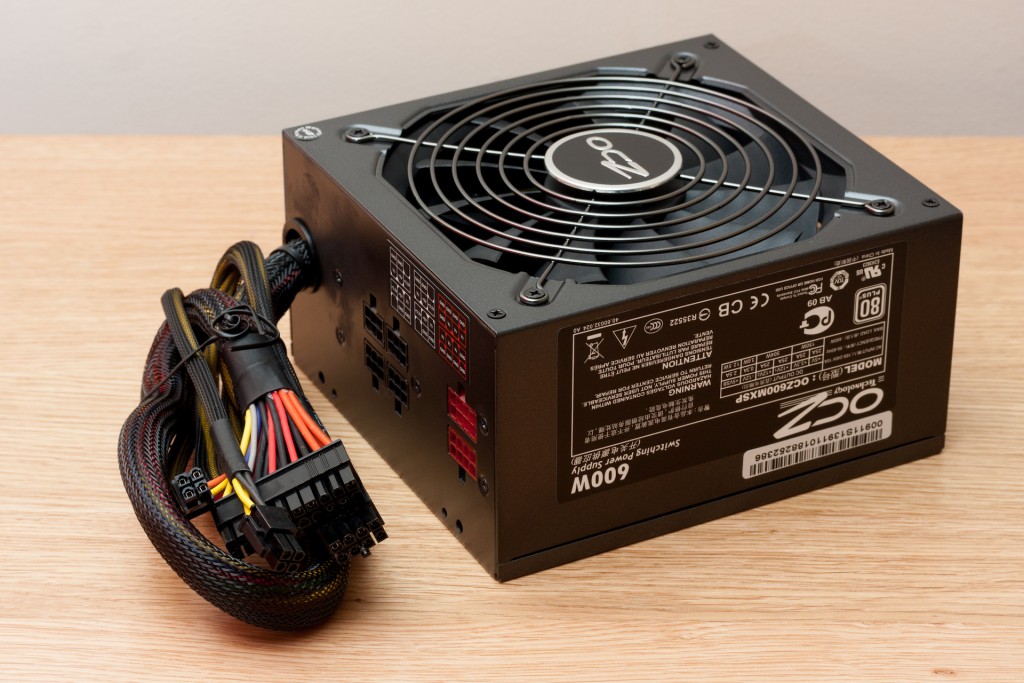The Role of Power Supply Units in Computer Performance is a critical topic that often goes unnoticed in discussions about computing power. While many users focus on components like CPUs and GPUs, the power supply unit (PSU) plays a vital role in ensuring that these components operate efficiently and reliably. A good PSU not only provides stable power but also impacts the overall performance and longevity of a computer system.
Understanding the role of power supply units is essential for anyone looking to build or upgrade their computer. From delivering adequate wattage to managing power distribution effectively, the PSU is a cornerstone of performance that influences everything from gaming experiences to professional workloads.
In today’s world, where information flows at lightning speed and distractions are ever-present, the importance of effective communication cannot be overstated. Whether you’re sending a quick email, giving a presentation, or having a casual conversation, the ability to convey your thoughts clearly and concisely is crucial. This article delves into the various aspects of effective communication, highlighting techniques, tips, and the significance of honing this essential skill.
Understanding Effective CommunicationEffective communication is more than just exchanging information. It involves the ability to express ideas clearly, listen actively, and adapt your message to suit your audience. This skill is fundamental in both personal and professional settings. As the workplace continues to evolve, professionals are expected not only to deliver information but also to engage their audience, fostering a collaborative environment.
The Components of Effective Communication
Clarity and Conciseness
When crafting a message, clarity is paramount. Avoid jargon and overly complex language. The goal is to ensure that your audience understands your message without confusion. Conciseness goes hand in hand with clarity; being brief while conveying your point helps maintain your audience’s attention. A well-structured message that gets straight to the point is always more effective.
Active Listening
Communication is a two-way street. Listening actively involves paying attention to the speaker, understanding their message, and responding thoughtfully. This not only shows respect but also encourages an open dialogue. Techniques such as nodding, paraphrasing, and asking clarifying questions can enhance your listening skills and improve the overall communication process.
Non-verbal Communication
Body language, facial expressions, and eye contact play a significant role in how your message is perceived. Non-verbal cues can reinforce what you’re saying or, conversely, contradict your words. Being aware of your non-verbal signals can help you project confidence and engage your audience more effectively.
Empathy and Emotional Intelligence
Understanding your audience’s feelings and perspectives can greatly enhance your communication skills. Empathy allows you to connect with others on a deeper level, making your interactions more meaningful. Emotional intelligence—the ability to recognize, understand, and manage your emotions and those of others—can improve your communication by fostering better relationships and reducing misunderstandings. – Feedback Providing constructive feedback is a crucial part of effective communication.
It helps clarify expectations and improve performance. When giving feedback, focus on specific behaviors rather than personal attributes, and always aim to be encouraging. Equally important is receiving feedback graciously; it is an opportunity for growth and improvement. Techniques to Improve Communication Skills
Practice Active Reading and Writing
Engaging with well-written texts can help you understand different styles and structures of communication. Practice writing essays, reports, or even casual blog posts to refine your writing style. The more you write, the better you become at articulating your thoughts.
Role-Playing and Simulation
If you find yourself nervous about public speaking or presenting, consider role-playing scenarios with friends or colleagues. This practice can help you become more comfortable with different communication settings and improve your adaptability.
Seek Feedback on Your Communication Style
Ask trusted friends or colleagues for their honest opinions on your communication style. Constructive criticism can provide valuable insights into areas where you can improve.
Attend Workshops or Courses
Look for workshops or online courses focused on communication skills. Many organizations offer programs that can help you refine both verbal and written communication.
Join Groups or Clubs
Participating in clubs or groups, such as Toastmasters, can provide a supportive environment to practice your speaking skills. Regular practice in a group setting can boost your confidence and enhance your communication abilities. The Role of Technology in CommunicationThe rise of technology has transformed how we communicate. Email, instant messaging, and video conferencing have become staples in both professional and personal interactions.
While technology facilitates rapid communication, it’s essential to adapt your communication style to suit the medium. For instance, while emails allow for detailed explanations, instant messaging is best for quick, straightforward exchanges.However, it’s crucial to remain aware of the potential pitfalls of digital communication, such as misinterpretation due to lack of non-verbal cues. To combat this, strive for clarity in your digital messages and consider using tools like emojis or gifs to convey tone.
The Importance of Cultural SensitivityIn our increasingly globalized world, cultural sensitivity has become a cornerstone of effective communication. Different cultures may have varied norms regarding communication styles, body language, and even concepts of time. Being mindful of these differences can help you avoid miscommunication and foster better relationships with individuals from diverse backgrounds.Researching your audience’s cultural background and being open to learning about different communication expectations can significantly enhance your communication effectiveness.

This awareness not only applies in personal interactions but is also vital in business dealings, where cultural misunderstandings can lead to significant challenges. Conclusion: The Journey of Continuous ImprovementEffective communication is a lifelong journey that requires ongoing practice and refinement. By being aware of the elements that contribute to effective communication and actively seeking to improve your skills, you set yourself up for success in all areas of life.
Remember, the goal is not just to be heard but to be understood, fostering meaningful connections with those around you.In summary, effective communication is an essential skill that encompasses clarity, active listening, empathy, and adaptability. By implementing techniques to improve your communication abilities and being mindful of the impact of technology and cultural sensitivity, you can become a more effective communicator.
As you navigate through personal and professional interactions, remember that the art of communication is not just about speaking; it’s about connecting with others and creating a shared understanding. Embrace the journey of continuous improvement, and you’ll find that your efforts in enhancing your communication skills will pay dividends in all aspects of your life.
FAQ: The Role Of Power Supply Units In Computer Performance
What is the main function of a power supply unit?
The main function of a power supply unit is to convert electrical power from an outlet into usable power for the computer’s internal components.
How does a PSU affect system stability?
A PSU affects system stability by providing consistent and reliable power; fluctuations can lead to crashes or hardware failure.
What wattage do I need for my power supply?
The required wattage for a power supply depends on the total power consumption of all components in the system; online calculators can help determine the necessary wattage.
Can a low-quality PSU damage my hardware?
Yes, a low-quality PSU can cause voltage spikes or inconsistent power delivery, which can damage components over time.
How often should I replace my power supply?
It’s generally recommended to replace a power supply every 5 to 7 years or sooner if you notice performance issues or it shows signs of wear.






